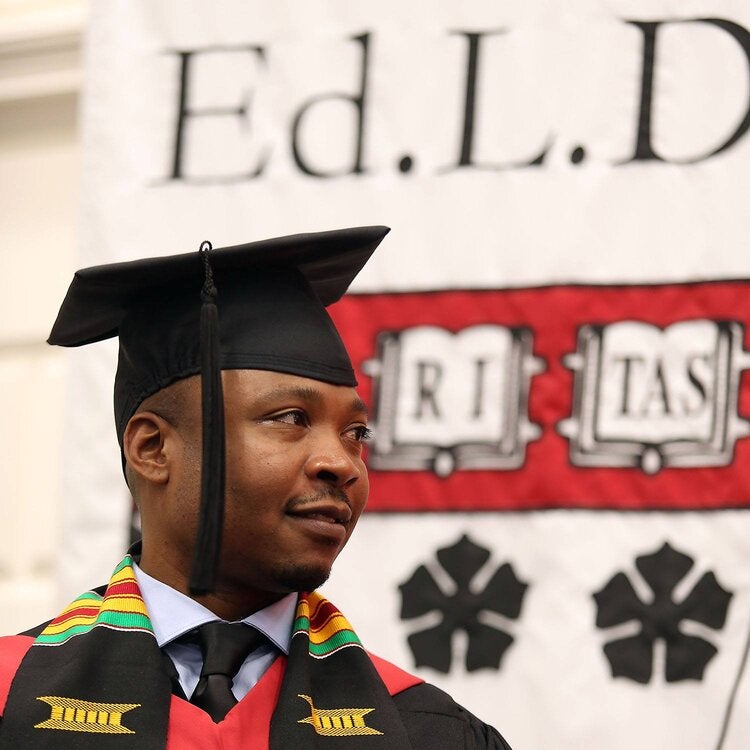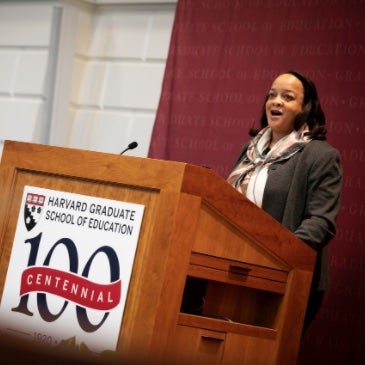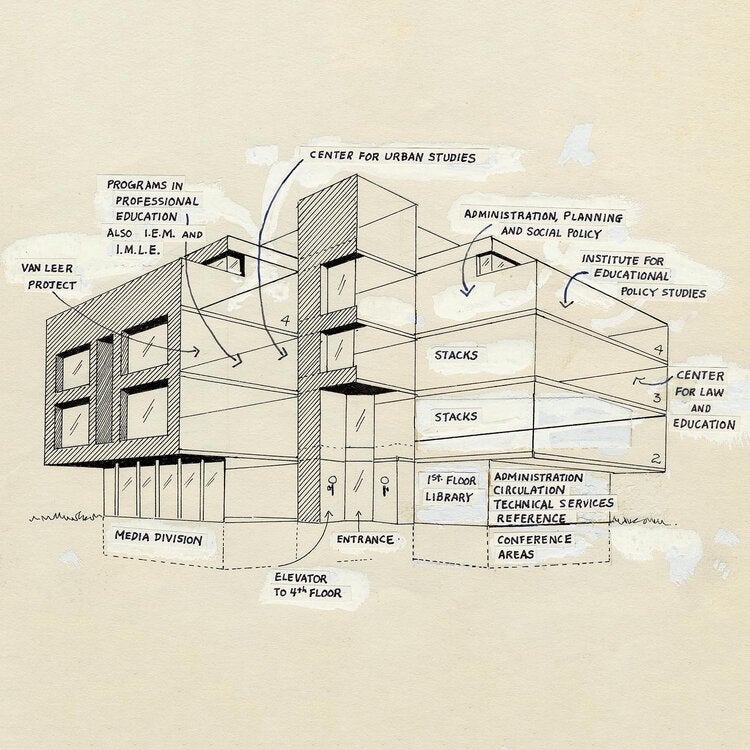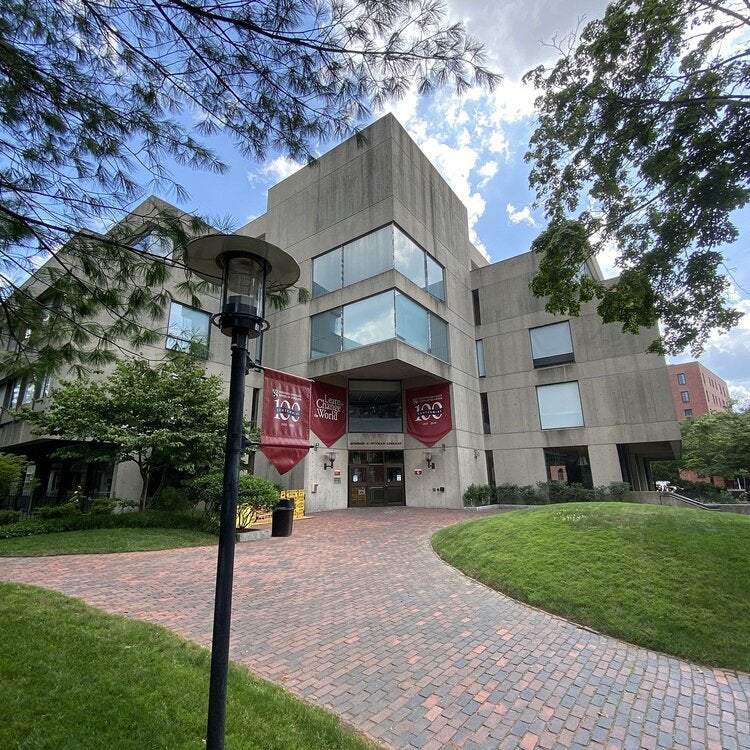A middle school principal in her hometown of East San Jose, California, Nancy Gutiérrez EdLD ’13 made the 3,000-mile trip to the Harvard Graduate School of Education (HGSE) in the fall of 2010. As one of 25 dedicated educators in the inaugural cohort of HGSE’s Doctor of Education Leadership (EdLD) program, she was excited to connect with and learn from peers and faculty who were similarly focused on improving outcomes for students like those in her district.
“I grew up in a community that was under-estimated, under-served, under-valued, and under-resourced, and I was searching for something that would allow me to passionately give back,” says Gutiérrez, who now serves as president and CEO of the New York Leadership Academy—an organization that works to develop and strengthen leaders at every level of the education system to disrupt systemic inequities. “The EdLD program gave me the language to articulate exactly what the problem was and the confidence to articulate a strategy forward. And it gave me the most incredible, diverse network of people.”
Gutiérrez is just one of nearly 50 donors—many of them EdLD alumni and current or former HGSE faculty and staff—who have contributed to the new EdLD 10th Anniversary Fellowship, established in honor of the program’s landmark anniversary.
Former HGSE dean Kathleen McCartney was instrumental in the program’s conception and design. As an enthusiastic fellowship donor, she is helping to ensure its future. “I believe in the program, I believe in the students, and I believe in its impact,” says McCartney, now president of Smith College. “I am incredibly proud to have played some role in its creation. This program is a game-changer for the education sector.”
Driving Systemic Change
Each EdLD cohort comprises students from a range of professional backgrounds and experiences—including district and charter management leaders, entrepreneurs, nonprofit directors, and teachers—who are taught by faculty from HGSE, Harvard Business School, and Harvard Kennedy School. This multidisciplinary approach ensures these emerging leaders have the organizational management and policymaking skills to translate their visionary ideas into real-world success. Taking an idea from medicine, students conclude the three-year program with a 10-month paid residency, planning and executing capstone projects at partner organizations.
“The EdLD program gave me the language to articulate exactly what the problem was and the confidence to articulate a strategy forward. And it gave me the most incredible, diverse network of people.”
Graduates of the EdLD program have gone on to become superintendents, state secretaries of education, and founders of nonprofits in the education sector—all backed by an alumni network that shares the same vision for driving systemic change in American PreK–12 education.
Deborah Jewell-Sherman EdM ’92, EdD ’95, Gregory R. Anrig Professor of Practice in Educational Leadership and a fellowship donor, has seen the success of the EdLD program firsthand as a professor for all 11 cohorts.
“It was my privilege to contribute to a fellowship for future doctoral students in the EdLD program, who will continue the tradition of entering to learn and leaving to serve in the education sector,” she says. “I’ve been honored to watch the students’ scholarly trajectory and to witness the difference they make upon reentering the world of practice.”
A commitment to equity and inclusion in education was fundamental to the vision and design of the program, and it continues to serve as a core value.
“HGSE’s EdLD program has become a critical part of advancing the field of education,” explains Bridget Terry Long, dean of HGSE and Saris Professor of Education and Economics. “Our alumni—a network that is 198 strong and growing—are leading in diverse contexts and tackling the toughest issues in education, including the persistent opportunity and achievement gaps that disproportionately affect low-income students and students of color.”








